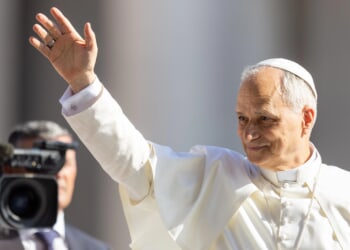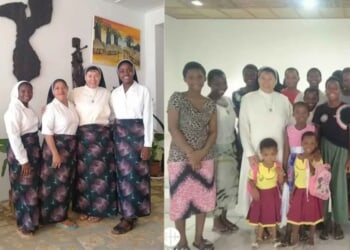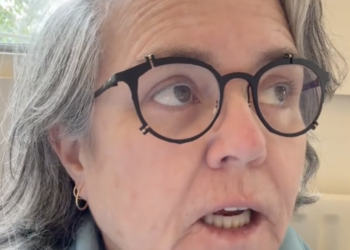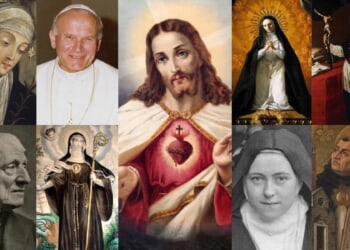Washington, D.C. Newsroom, Jul 17, 2025 /
17:15 pm
Young Catholic Europeans have issued recommendations to leaders on the continent in an effort to address the current migration crisis affecting numerous countries there.
This year’s written contribution by the Commission of the Bishops’ Conferences of the European Union (COMECE) Youth Net centers on solutions for “fostering integration of migrants in the European Union.” The region has seen high levels of immigration in recent years, particularly from the Middle East and Africa.
The paper, published this month, is based on a small-scale survey conducted by COMECE delegates under the auspices of the EU Episcopal Conferences.
“Rooted in Europe’s Christian heritage and Catholic Social Teaching, this contribution seeks to reflect on the call to support just integration processes: to welcome, protect, and actively integrate migrants, whilst addressing key challenges and proposing a way forward for European leaders,” the paper states.
The paper addresses three main issues regarding migration in the EU: social integration of migrants as a “two-way process,” addressing the link between migration and crime rates, and the loss of national identity amid demographic crises.
Respondents of the COMECE survey emphasized the importance of the two-way process of integration, according to the paper, sharing they believed that “while migrants should continue to respect local customs, language and laws, host societies should also provide opportunities for participation in economic, social and cultural life.”
Respondents also “stressed the need to balance preserving one’s cultural identity and embracing the values of the host state.”
In light of the responses, the paper urges “both sides to engage in cultural exchange,” with migrants learning the language and customs of the host country, and local communities participating in events that promote intercultural dialogue.
The paper also calls for integration of migrants into society in the professional sphere, noting that “overqualification amongst migrants is an issue that affects both their personal development and the socio-economic advancement of the host countries.”
“The Social Doctrine of the Catholic Church highlights the deep connection between work and human dignity, asserting that immigration can serve as a resource to the host country for development when migrants fill labour needs unmet by the local workforce,” the paper states.
The delegates further called on host counties to “facilitate the recognition of foreign qualifications and offer tailored vocational training, enabling migrants to engage in work that truly reflects their skills and aspirations.”
Regarding the link between crime rates and increased levels of migration, the paper states that “the perception of a direct link between migration and crime,” which it says is propagated by politicians and the media, “is not always factual.”
“It is essential to approach this subject with data, see the human person behind the statistics, and create empathy for people who, like so many of the local population, are simply looking for a better life,” the paper states.
Furthermore, the COMECE delegates assert that increased crime rates “tend to be concentrated in regions and areas which have less opportunities or where previous generations of migrant communities have already established themselves.”
Attributing rising crime to newcomers alone is “illogical,” the paper states.
The paper notes various factors that “can make a person more prone” to commit illegal offenses, citing poor integration into society and “having lived in a context of violence in one’s country of origin,” and “lacking a strong social network.”
(Story continues below)
Subscribe to our daily newsletter
“As such, integration is a fundamental part of the process for receiving migrants, especially asylum seekers and refugees, who are more vulnerable,” the paper states, recommending EU member states make resources such as language courses, integration programs, social services, more readily available.
It also recommends streamlining visa programs and “debureaucratizing the job market” as a preventative measure to crime.
Lastly, in their recommendations to EU member states regarding the preservation of national identity amid rising immigration, the COMECE delegates propose “investing in strong local communities.”
In practice, this means promoting pro-family policies, engaging local communities including churches to promote integration between migrants and citizens, and facilitating more volunteering in local communities to help introduce migrants into society, according to the COMECE delegates.


















